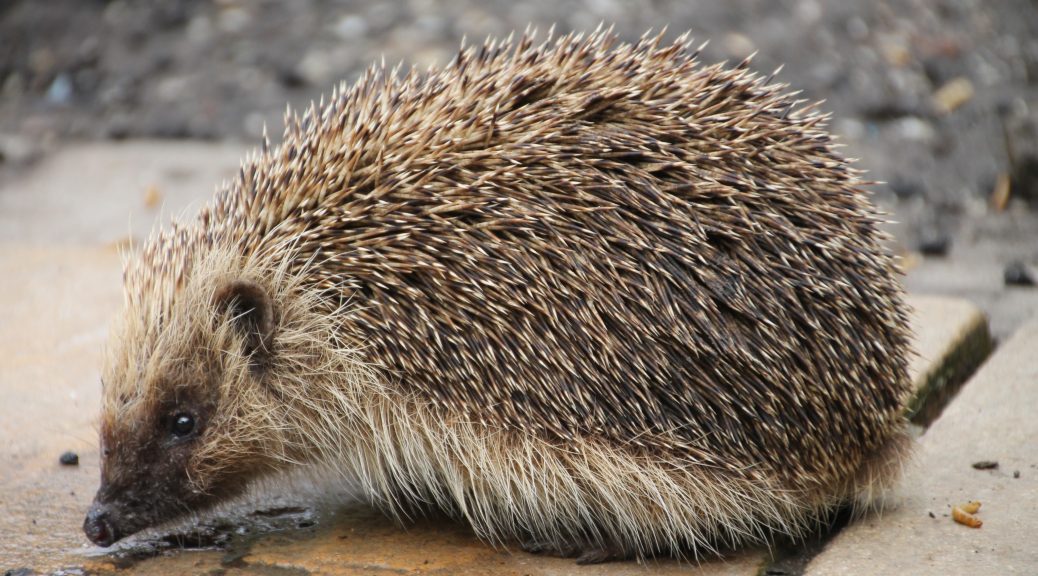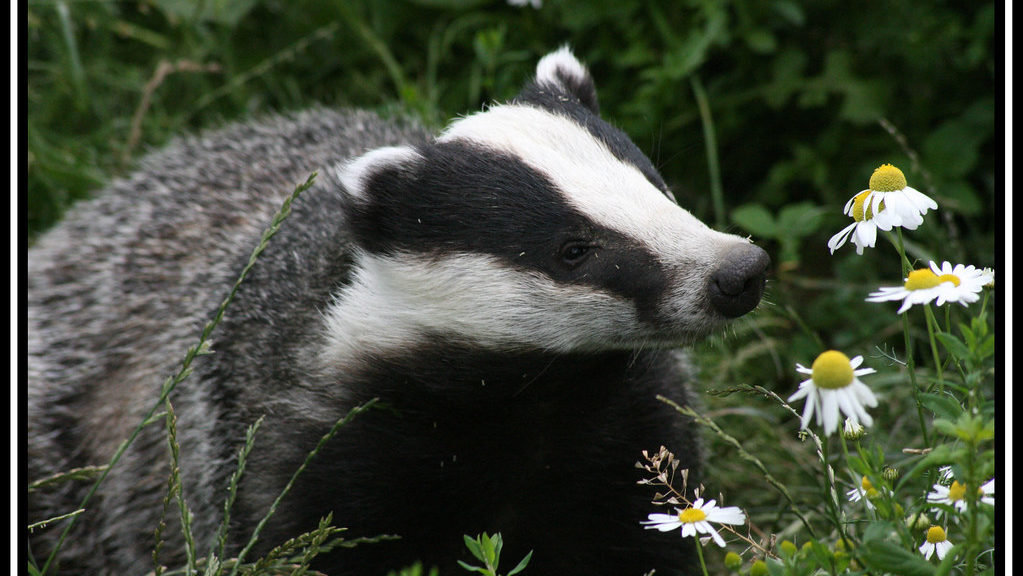The Telegraph report hedgehogs are dying because people are leaving netting out in their gardens, the RSPCA has warned.
The leading animal charity says that dozens of the small, spikey mammals have become entangled in football, badminton and pond nets causing fatal injuries and urged people to pack their equipment away.


